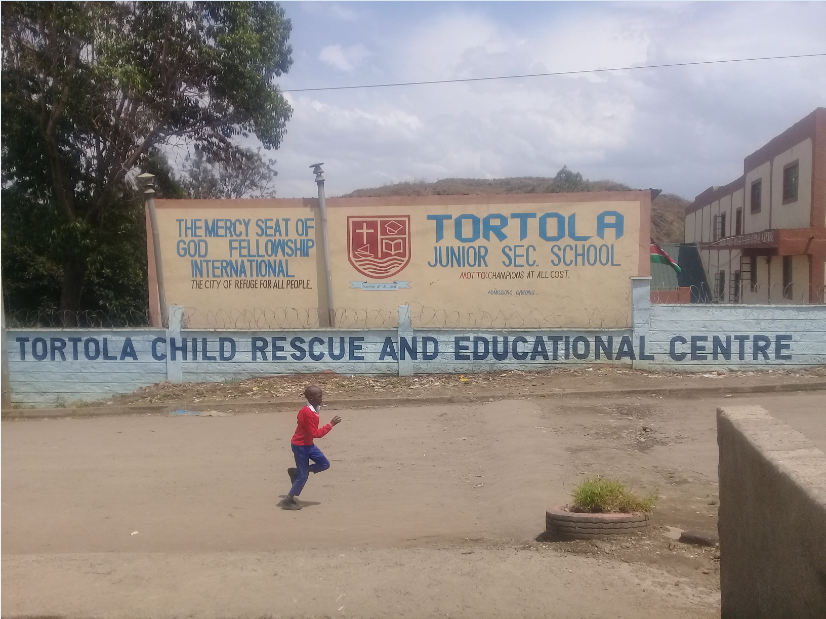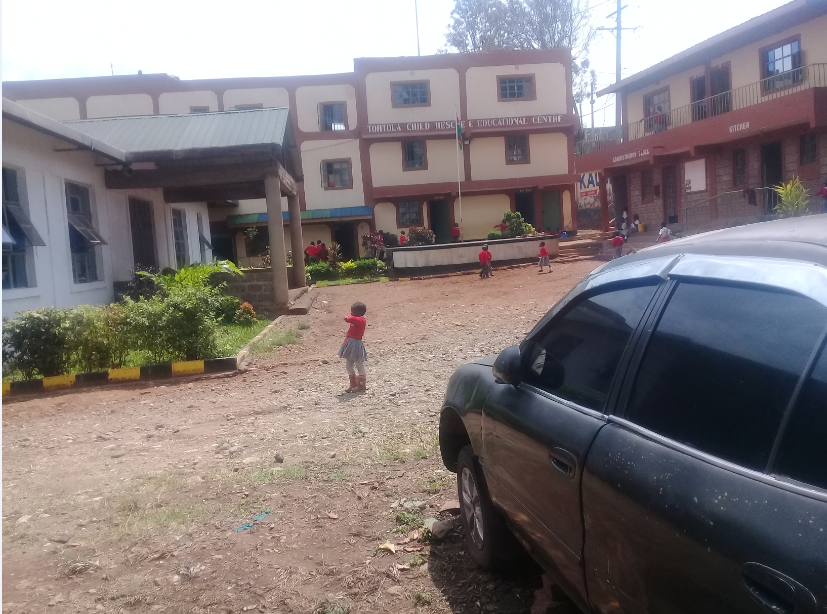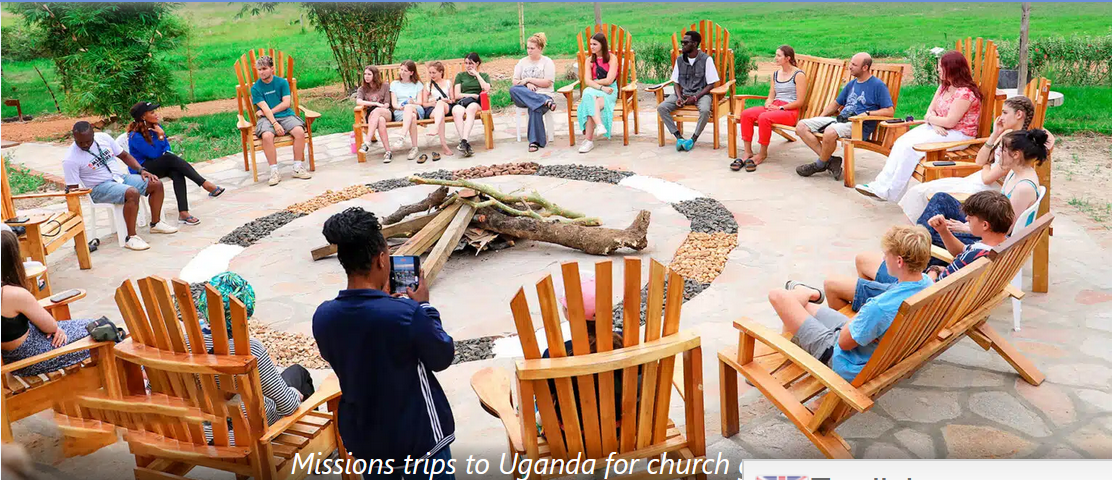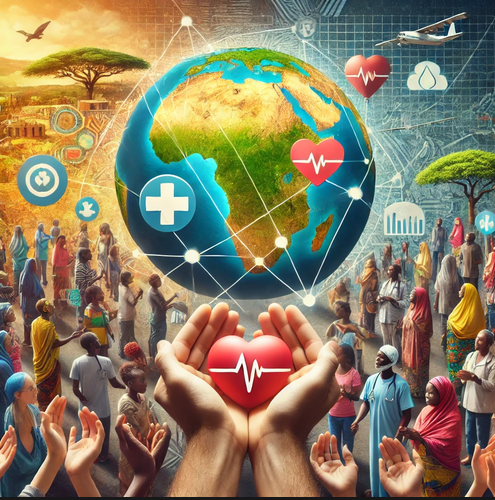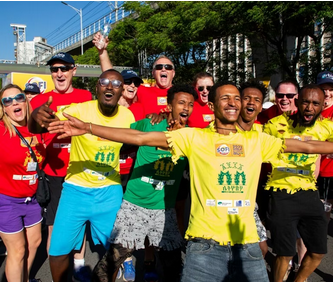The Blog/News Section of the AfricaCareLink Foundation's website acts as an essential communication tool that bridges the gap between the organization and its stakeholders. It offers a transparent and engaging platform for readers to stay informed about the foundation's work across Africa, providing real-time insights into its humanitarian initiatives. Whether it's healthcare interventions in remote regions, education projects that empower the next generation, or faith-based missions that bring hope to the underserved, this section captures the heart and soul of AfricaCareLink's mission. By regularly updating this blog, the foundation ensures that supporters, volunteers, donors, and the broader public are aware of the challenges being addressed, the milestones achieved, and the future goals that remain on the horizon.
The content serves multiple purposes: it provides updates on ongoing projects, highlights upcoming events, and shares thought-provoking articles about global development trends, healthcare disparities, and the critical role faith-based efforts play in driving social change. Each post or article is meticulously curated to offer readers an in-depth understanding of the foundation's work, ensuring they are not only informed but also inspired to engage further with AfricaCareLink's mission.
Latest News from the Field
1. Expanding Healthcare in Rural Kenya
- Date: September 10, 2024
In a recent breakthrough, AfricaCareLink's mobile health clinics have extended their reach to more remote areas in Kenya, providing crucial medical care. For example, the mobile clinics recently visited the Turkana region, where they treated over 500 individuals. These clinics offer life-saving services such as vaccinations and treatments for illnesses in regions where healthcare infrastructure is either absent or underdeveloped.
This news highlights the foundation's focus on addressing the healthcare challenges in rural Kenya, where many families lack access to medical services. Through these clinics, AfricaCareLink is filling a critical gap, preventing the spread of diseases, and improving the overall well-being of vulnerable communities.
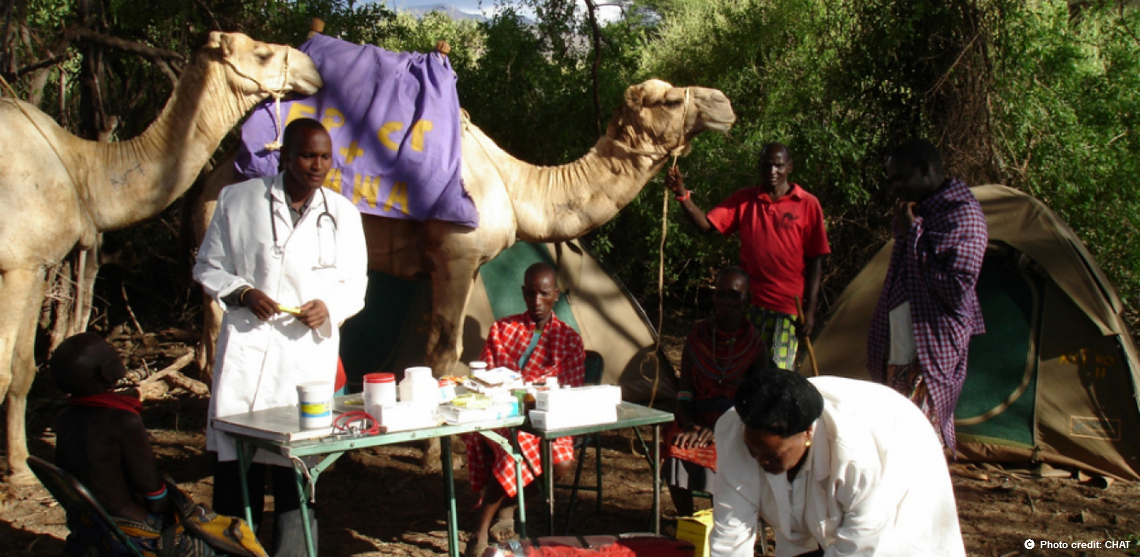
AfricaCareLink's mobile health clinics bring vital medical care to the
remote Turkana region, treating over 500 individuals and providing essential services like
vaccinations and disease treatment in areas with limited healthcare access."
